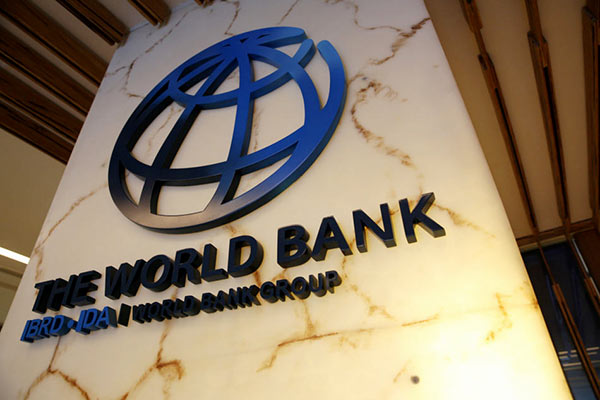More and better jobs critical for Sri Lanka to reach upper-middle income status: WB

The World Bank says that despite natural disasters, Sri Lanka is reaping the benefits of improved revenue collection and managed expenditures and, has thus recorded a primary fiscal surplus for the first time in decades.
However, the current domestic political environment has slowed reforms and complicated the stable medium-term outlook, it said.
In 2017, for the first time in decades, Sri Lanka’s fiscal revenue exceeded expenditures excluding interest payments, leading to a primary fiscal surplus.
However, despite this and other improvements in macroeconomic performance, the island nation remains vulnerable.
Natural disasters continue to take their toll on the GDP, while the pace of urgent fiscal reforms has lagged in a challenging political environment, says the World Bank Sri Lanka’s new Development Update (SLDU).
Released twice a year, the report analyses the country’s performance over the last six months and highlights crucial developments against the global context.
The latest edition of the SLDU notes that economic growth slowed down to a 16-year low in 2017 due mainly to adverse weather conditions.
This had a knock-on effect, as inflationary pressures remained high due to drought, VAT changes, and demand pressures. The external trade balance weakened, and agriculture and related sectors were hit hard by successive floods and droughts, resulting in growth decelerating to 3.3 percent.
On the balance, official reserves hit a record high in April 2018 thanks to capital inflows. Growth is expected to rebound in 2018 from a low base and continue to be around 4.2 percent in the medium term, driven by private consumption and investment. The VAT reforms were among several measures that led to improved revenue collection. Implementation of the Inland Revenue Act — which came into effect in April 2018 — is expected to structurally increase tax revenue.
“Sri Lanka’s march towards Upper-Middle-Income status and more and better jobs hinges on the economy’s competitiveness and its ability to pursue a private investment-tradable sector-led growth model,” says Ralph Van Doorn, the World Bank’s Senior Economist for Sri Lanka and the Maldives.
Highlighting the challenges posed by domestic political considerations and institutional constraints on implementing policies, Van Doorn added, “A strong political will and support of the bureaucracy could help advance the reform agenda.”
The World Bank said that Sri Lanka’s outlook remains stable but is conditional on reforms.
“To transition into Upper-Middle-Income status, Sri Lanka will have to embrace a new growth model and improve its economy’s competitiveness.”
With that in mind, the government has begun to implement the extensive and ambitious reforms outlined in Vision 2025, notably phasing out of para-tariffs, simplifying and speeding up procedures for investment, trade and setting up a business.
Aimed at enhancing competitiveness, improving governance and streamlining public financial management, the reforms are expected to bring in long-term benefits.
“However, a challenging domestic political environment has already taken a toll, slowing down some reforms and complicating the stable medium-term outlook. An impending election cycle only elevates this risk,” it said.
During the last decade, the employment rate in Sri Lanka decreased on average by 0.5 percent every year. Low female labor force participation and increasing unemployment among youth have contributed to Sri Lanka’s low employment rate.
As the country prepares to embrace a new private investment-tradable sector-led growth model, a large, skilled labor force will be vital to driving growth and addressing the challenges presented by the demographic transition to an aging population, the report said.
“Improving the supply of jobs, through attracting more foreign direct investments (FDI) to plug into global and regional value chains, improving the environment for trade, business, innovation and entrepreneurship are essential.”
“Equally important is addressing the supply of labor, by encouraging female labor force participation and equipping students with the relevant skills required in an aspiring Upper Middle-Income economy.”
(Courtesy: Ada Derana)

Latest Headlines in Sri Lanka
- Sri Lanka strongly condemns Kashmir terror attack April 26, 2025
- Deshabandu Tennakoon found in contempt of court April 25, 2025
- IMF and Sri Lanka reach staff-level agreement on fourth review April 25, 2025
- Sri Lanka and U.S. move closer to trade agreement after high-level talks April 25, 2025
- SriLankan Airlines CEO Richard Nuttall appointed President of Philippine Airlines April 25, 2025


